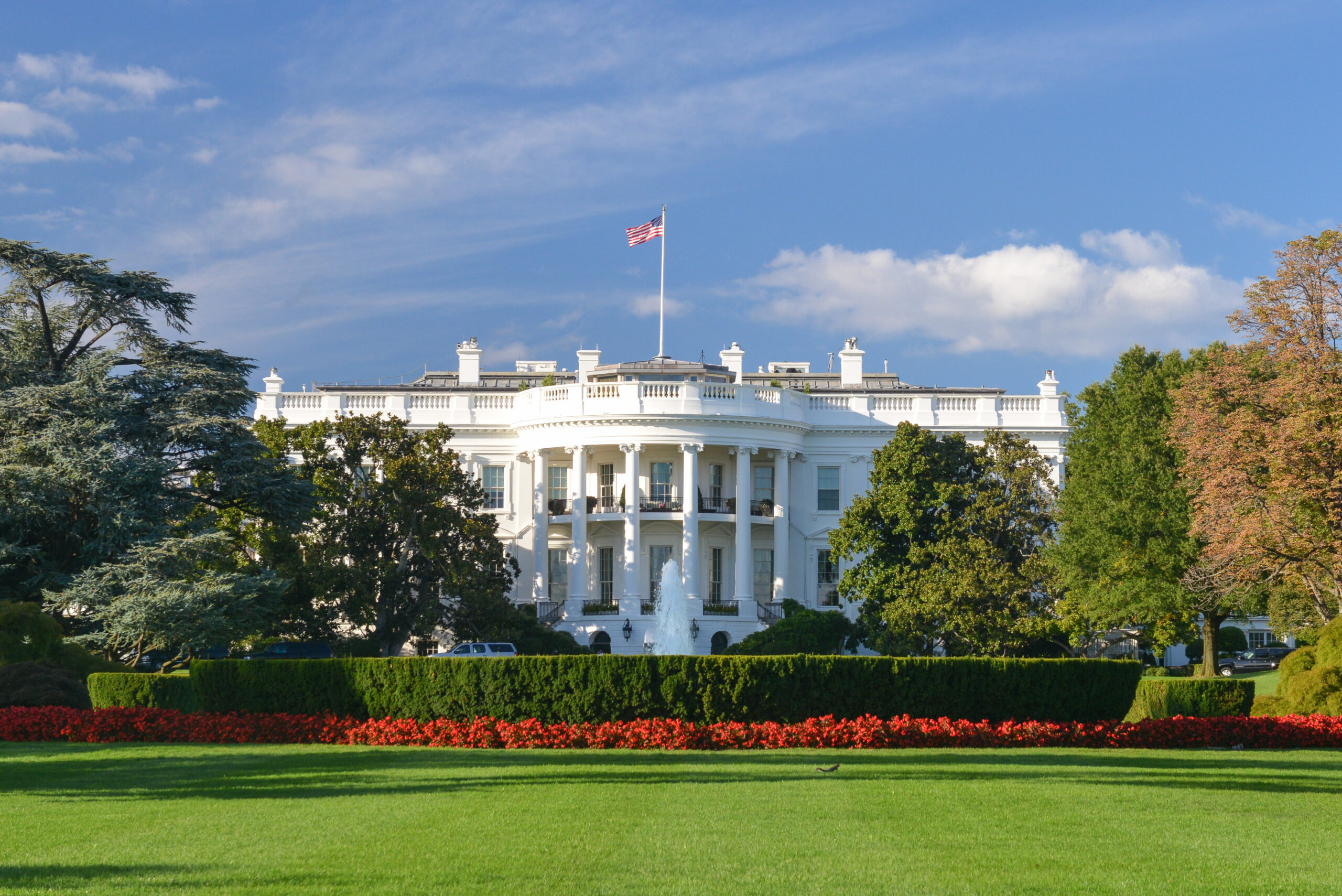OIRA Urges Agencies to Invoke APA Good-Cause Exception for Unlawful Rules After Loper Bright
By
| October 29, 2025
On October 21, the White House Office of Information and Regulatory Affairs issued a memorandum seeking to streamline the review of deregulatory actions. The memo builds on Executive Orders 14129 and 14219, which direct agencies to repeal ten existing regulations for each new one and to ensure that existing regulations are squarely authorized by statute. We’ve previously covered EO 14219 and the role Loper Bright plays in that process.
Loper Bright’s corrective to the judiciary’s all-too-common deference to regulatory agencies provides a window through which the Trump Administration can undo decades of agency overreach. But they must be methodical and follow deregulatory procedures. The good-cause exception is an alluring shortcut that agencies should use only in the rarest of circumstances, not as a get-out-of-process-free card. Among the guidance OIRA recently provided to agencies are examples of times when they may invoke the Administrative Procedure Act’s (“APA”) good-cause exception to notice-and-comment procedures. OIRA writes:
The real target of this review is regulations that are, in the agency’s current view, facially unlawful — that is to say, where the unlawfulness is apparent to the agency after reviewing the text of the relevant regulation, the statute it implements, and other sources of law, such as the ten Supreme Court cases identified in the April 9 Memo. If the regulation is unlawful, as — for example — where the rule is inconsistent with the “single, best meaning” of the statute under Loper Bright, direct repeal under the APA’s “good cause” exception is appropriate. Or, if someone challenging the merits of the rescission would be relying on pure legal arguments for their challenge (e.g., arguing that the prior regulation did, in fact, reflect the best meaning of the statute), that fact reinforces the appropriateness of bypassing notice and comment.
As I argued last year, “I am leery of an attempt to invoke an APA good-cause exemption or using interim final rules to expedite deregulation because it risks jeopardizing the entire project. A blanket or cut-and-paste invocation of good cause to avoid notice and comment is too thin a reed to support such a large project when the inevitable barrage of litigation ensues.”
Mr. Valvo is chief policy counsel at Americans for Prosperity Foundation and one of the counsels representing the fishermen in Loper Bright.


Georgia Supreme Court Rules Constitutional Challenge To Direct-Sales Ban May Proceed